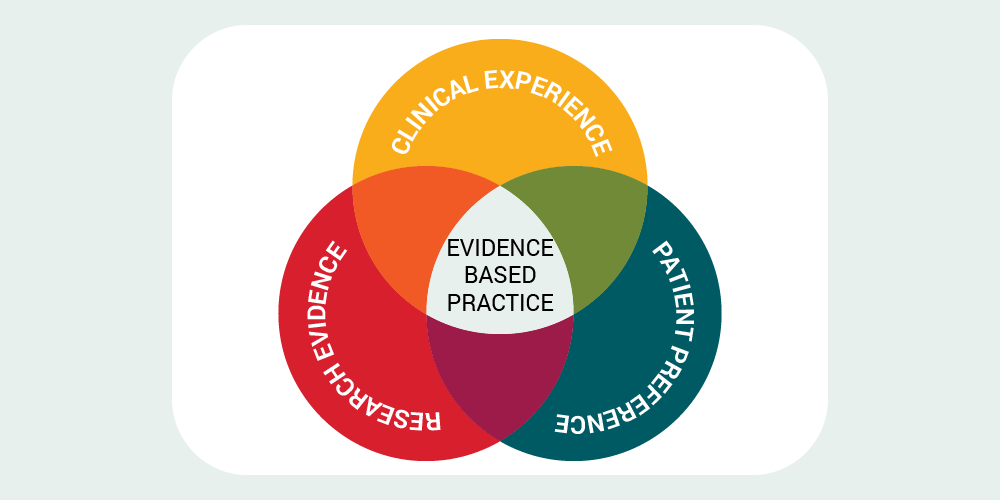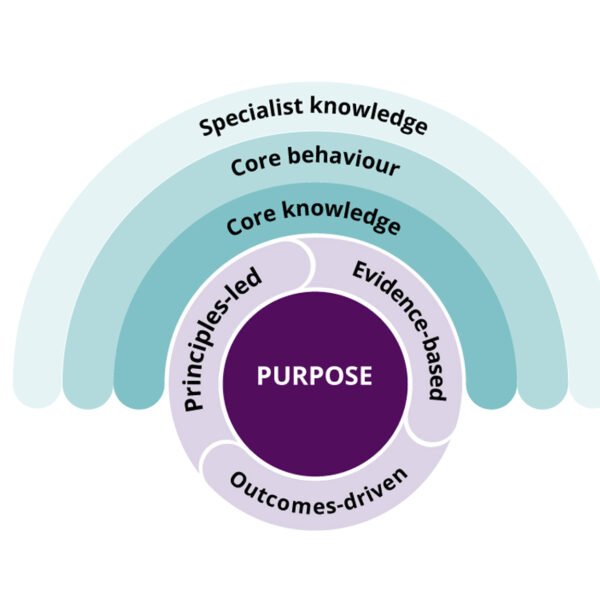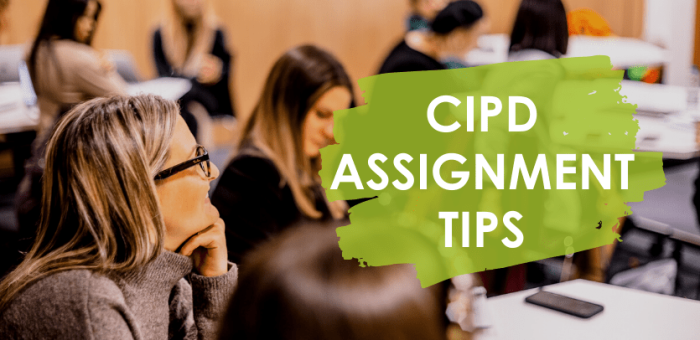Evidence is Key to Effective Professional Practice
Evidence is a key part of professional practice. By using evidence, you can make decisions that are both accurate and effective. This can help you stay up to date on the latest techniques and strategies and keep your practices consistent with the guidelines set by your profession. Many professional practices rely on evidence to make decisions. Evidence is important for making decisions about how to treat patients and how to operate in the workplace.
Evidence is the key to effective professional practice because it can help professionals make decisions that are in the best interests of their patients. Evidence can be used to support or oppose a decision and can be used to build credibility in a profession. For example, evidence may be used to prove that a proposed treatment is safe and effective, or that it is not appropriate for a patient. Professionals must use evidence wisely to protect the health and well-being of their patients, as well as themselves.
The Importance of Evidence
Evidence is the backbone of professional practice. Without evidence, it can be challenging to know what to believe and discard. This is especially true in fields such as medicine, law, and politics where opinions often depend on how evidence looks to a person or group. In these fields, without reliable evidence, it can be challenging to make decisions that could impact someone’s life.
The Process of Evaluating Evidence
Evaluating evidence is a process that starts with asking questions and then answering them. Questions can be about what is seen, heard, or smelled. Answers can be about the information received and how it was used to make a decision. When evaluating evidence, it is important to ask questions that allow for an accurate and meaningful answer. For example, when determining whether or not to recommend surgery, it would be helpful to ask what factors are involved in making the decision. The professional CIPD assignment writing service in UK offers a variety of different resources to its customers.
The Use of Evidence in Practice
Evidence is a powerful tool that can be used differently depending on the situation. For example, an expert witness can provide evidence to support a prosecution’s case, while a medical doctor can provide information to help diagnose a disease. Evidence can be used to prove or disprove accusations, or it can be used to support a theory. In any situation, the evidence must be evaluated carefully to determine its usefulness.
How to Evaluate Evidence
Critical appraisal is the first step in judging evidence. It assesses the strength of evidence and compares it to other factors. When looking at data, the critical appraisal should be done in a balanced way- taking into account both the side of the argument and the evidence itself.
Synthesis is another step in judging evidence. It takes all of the information gathered from different sources and creates a picture or summary of what has been presented. This can be helpful when making decisions or ruling on facts.
Application is the final step in Judging Evidence. It decides if something is true or false based on how it would affect our lives. This can be important when making decisions like hiring someone, buying a product, or applying for a job.
Conclusion
Professional practice should be based on evidence. This evidence can come from research, experience, and other sources. When making decisions, professionals should take into account what is known about the topic at hand and how it relates to their task at hand.








Sign up